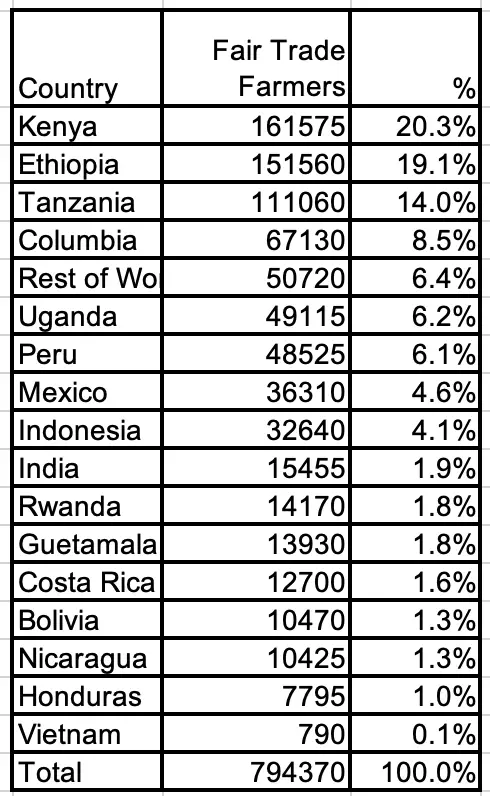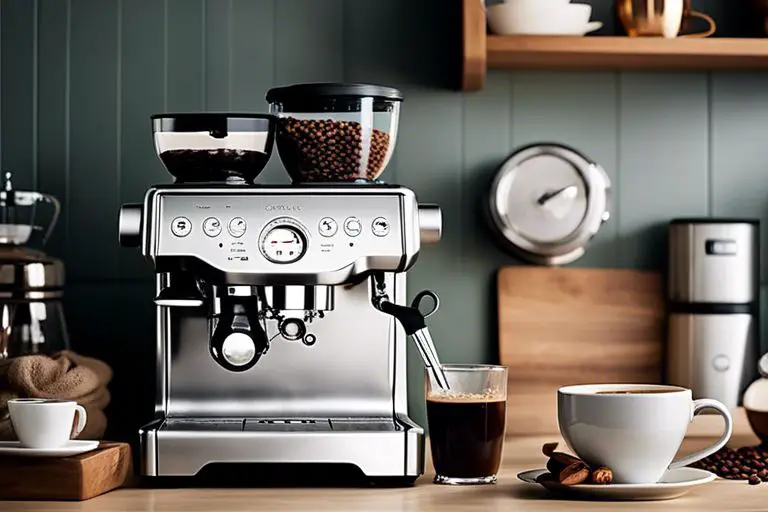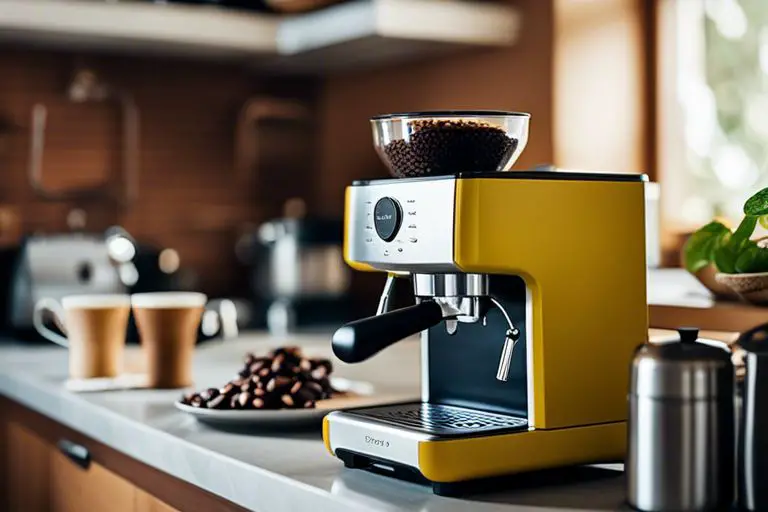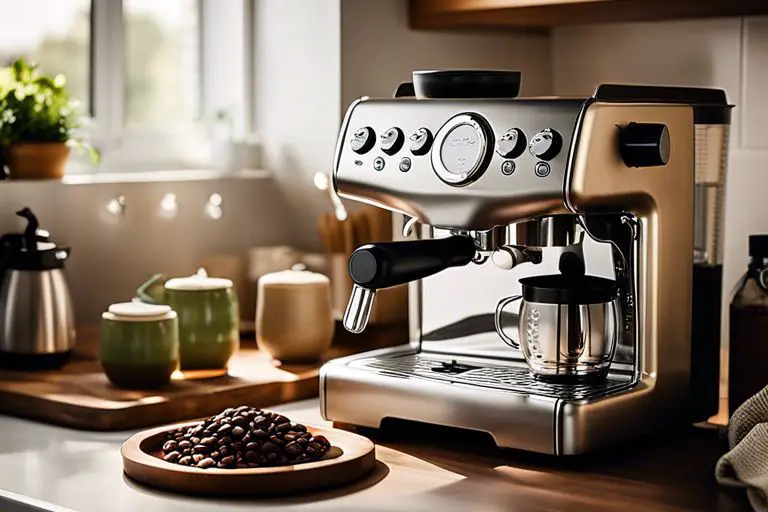When you buy fairtrade coffee you are buying coffee that has been produced under the regulations stipulated by the World Fair Trade Organisation and other recognised fairtrade organisations
When you buy coffee that has been Fairtrade certified the idea is that you are helping to increase living standards in the poorest countries.
There is a lot of debate as to whether buying fairtrade coffee actually achieves this goal and in order to learn more about fairtrade coffee we have to first step back and look at fairtrade as a whole to fully understand the question of what is fairtrade coffee.
The World Fairtrade Organisation is responsible for setting the rules that members have to abide by and they ensure that those rules are adhered to.
There are a number of core principles that lay out the requirements for any product that carries the fairtrade label of certification:
1. Create opportunity for producers in economies that are disadvantaged
How could Ethiopia ever compete with a country like Columbia or Brazil? They are very large coffee-producing countries and Ethiopia is very poor relative to the largest producing coffee countries and will never be able to be as competitive.
The World Fair Trade organisation works with smaller producers and independent family businesses to create more of a level playing field and helps to lift them out of poverty and generate consistent and long-term sustainable income.
2. Be accountable
The World Fair Trade Organisation is openly transparent and aims to involve all participants in the supply chain in the important decisions that enable fairness across the board
3. Fair business practices
This covers a broad range of subjects including:
Ensuring that buyers do not take advantage of suppliers from disadvantaged economies and do not exploit them in respect of payment and interest rates.
Buyers must honour orders and cannot cancel or reject orders without good reason.
Trust and respect are crucial and the cornerstone of any good business relationship. The World Fair Trade Organisation works with both buyers and sellers to ensure these values are upheld.
4. Payment
This includes fair payment of the product through a mutually agreeable negotiation process between the buyer and seller with a fair distribution of the profits through each stage pf the supply chain.
Ensuring that a living wage is paid to all workers relative to the economic conditions of the country where the coffee is produced
5. No child or forced labour
All buyers of fairtrade certified coffee are required to ensure that no forced labour takes place during the production process and that United Nations guidelines are adhered to at all times and includes specifically well-being and education.
6. Equality
Inequality can be more prevalent in poverty-stricken countries than in western society so there is a significant focus to make sure this is eliminated as much as possible.
Regardless of religion, sex, disability and more, everyone should be treated equally in particular in relation to pay where there should be no difference in remuneration between men and women performing the same role.
7. Working Conditions
Health and safety are at the forefront of this initiative. Raising awareness and implementing higher standards to ensure compliance with local laws is a requirement.
8. Business development
Working directly with smaller producers to develop their skills in a business environment to allow them the opportunity to grow and expand.
9. Promotion of fair trade
The World Fair Trade Organisation openly and actively provides information through advertising and marketing to expand the awareness of the work that it is doing and what it is trying to achieve.
10. The Environment
If we don’t look after the environment there will be nothing to harvest in the years to come so making sure that we don’t pollute the environment is crucial.
The promotion of sustainable and renewable energy solutions and biodegradable materials for packaging are actively encouraged.
That is just a summarised version of the core values of the World Fair Trade Organisation.
Does buying fairtrade coffee help poorer countries?
There are always two sides to every story and although the main aim is to improve living standards in the poorest countries by ensuring that exporters of coffee are paid a fair price there is some evidence to suggest that actual workers at the coalface (in this case the actual workers on the coffee plantations) do not benefit from the increased “fair” price being paid to the companies that own the coffee plantations and export the coffee all over the world.
Each country pays the lowest-paid workers whatever the going rate is for the jobs that they do. Those workers will probably not get paid more in a fairtrade environment than the others that do the same job in the same country that are not endorsed by the World Fair Trade Organisation.
Therefore, there is an argument that the main group of people that should benefit from fairtrade endorsement do not benefit at all.
It would also be easy to look at some of the working conditions in the poorer coffee-producing countries like Ethiopia and think that they are not benefitting at all but then on the flip side we have to remember that due to the completely different economic environment
Where does fairtrade coffee come from?
Coffee production is so huge that is hard to grasp just how many coffee farmers there are worldwide producing one of the world’s most popular beverages to make a living.
There are almost 800,000 coffee farmers worldwide that produce coffee that is protected by the fair trade rules and regulations that are in place to avoid exploitation and create an environment that promotes better living standards and opportunity for all.
Below is a breakdown of the countries that make up the world’s production of coffee under the guidance and endorsement of the various fairtrade organisations.
These include some of the most disadvantaged countries in the world and their coffee farmers and producers are being helped to provide a better future for themselves and their families.
When you then add in all of the workers that are involved in these farms we are talking around 125 million people worldwide that depend on coffee for their livelihoods.
The work of the various fairtrade organisations is hugely important to help millions of people to sustain and grow their life’s on a year to year basis.
It’s easy to get fooled into thinking that there are huge coffee plantations with lots of automated machinery that produces tons of coffee on a weekly basis.
In countries like Kenya, nothing could be further from the truth. There are family-owned plantations with as little as a few hundred trees and every single bean is handpicked.
These are the kind of producers that need the help of fairtrade corporations the most as they not educated to a high standard form a business perspective and need a hand to get a fair deal for their coffee.
Sometimes it’s hard to visualise the standard of living that some coffee farmers have. Check out the video below to see the environment that one coffee farmer lives in day to day and it opens your eyes to the important work of fairtrade in sustaining just the most basic standards of living.
source: fairtade.org.uk
Conclusion
There are arguments for and against fairtrade coffee. Some say that the richer coffee producing countries are more able to become fairtrade complaint and they get an unfair advantage over poorer countries but we believe that you can always find fault with something if you look hard enough.
On balance we believe that fairtrade certified coffee provides more benefits than drawbacks and millions of people have a better chance of improving their lives as a result of fairtrade.
Here are a few short video’s to help you make up your own mind.





